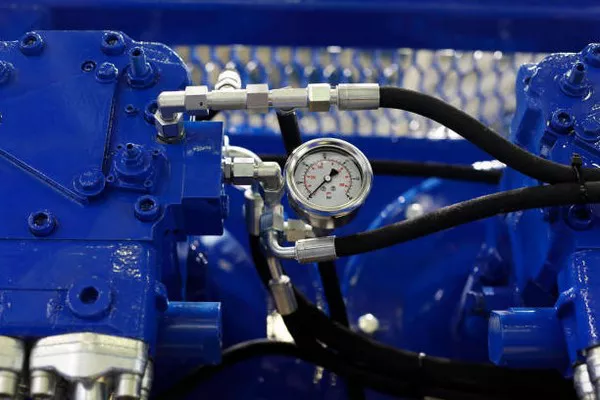Your car’s air conditioning (AC) system plays a crucial role in ensuring a comfortable driving experience, especially during scorching summers. One of the critical components of this system is the compressor, responsible for pressurizing and circulating refrigerant, thus cooling the air. However, when faced with a malfunctioning compressor, car owners often find themselves grappling with a significant question: Is it worth replacing the compressor in the AC unit? This article aims to explore the factors influencing this decision and guide you in making an informed choice.
Diagnostic Evaluation:
The first step in determining whether to replace the AC compressor is a thorough diagnostic evaluation. Modern vehicles are equipped with sophisticated diagnostic tools that can pinpoint the root cause of AC issues. Consulting a qualified mechanic to conduct a diagnostic assessment is crucial. They will be able to identify whether the compressor is indeed the culprit or if the issue lies elsewhere, such as a refrigerant leak, a faulty clutch, or electrical problems.
Cost Considerations:
Once the diagnosis confirms a faulty compressor, the next consideration is the cost of replacement. AC compressor replacements can vary widely in cost, depending on the make and model of the vehicle, as well as the type of compressor required. Additionally, labor costs for installation can significantly impact the overall expense. It’s advisable to obtain quotes from multiple auto repair shops to ensure you are getting a fair estimate.
Age and Value of the Vehicle:
The age and overall value of the vehicle play a pivotal role in the decision-making process. For older vehicles with a lower market value, investing a significant amount in AC compressor replacement may not be economically justified. In contrast, for a newer vehicle with a higher market value, replacing the compressor can be a sensible investment to maintain overall functionality and resale value.
DIY vs. Professional Replacement:
Some car owners possess the skills and tools to perform DIY repairs. However, replacing an AC compressor is a complex task that requires specialized knowledge and equipment. A professional technician has the expertise to handle the intricacies of AC systems, ensuring a proper and long-lasting installation. Attempting a DIY replacement without the necessary skills may lead to further damage, ultimately costing more in repairs.
Potential Savings on Fuel Efficiency:
A malfunctioning AC compressor can strain the entire AC system, leading to increased fuel consumption. Replacing a faulty compressor can contribute to improved fuel efficiency, as the system operates more smoothly, reducing the load on the engine. While this may not be the sole factor in the decision-making process, it adds another layer of consideration, especially for those conscious of long-term savings.
Environmental Impact:
Modern society places a significant emphasis on environmental sustainability. If your vehicle uses an older AC compressor that relies on now-phased-out refrigerants, replacing it with a more environmentally friendly option can align with your commitment to reducing your carbon footprint. Newer compressors often use environmentally conscious refrigerants that are less harmful to the ozone layer.
Extended System Longevity:
The AC compressor is a critical component of the overall AC system. Replacing a malfunctioning compressor can extend the lifespan of the entire AC system, preventing further damage to related components. This proactive approach can save you from potential future expenses and the inconvenience of repeated AC system failures.
Warranty Considerations:
If your vehicle is still under warranty, it’s essential to check whether the AC compressor replacement is covered. If so, taking advantage of the warranty can significantly reduce your out-of-pocket expenses. Be sure to consult the terms and conditions of your warranty and communicate with the manufacturer or dealership to understand the coverage for AC system components.
Conclusion:
In the end, the decision to replace the compressor in your car’s AC unit requires a careful consideration of various factors. A diagnostic evaluation, cost analysis, the age and value of your vehicle, and environmental considerations all play a role in this decision-making process. While the upfront cost may seem daunting, the potential benefits in terms of improved efficiency, extended system longevity, and overall comfort may make the investment worthwhile. Consulting with a qualified mechanic and obtaining multiple quotes can empower you to make an informed decision tailored to your specific circumstances. Remember, maintaining a well-functioning AC system not only contributes to your driving comfort but also ensures the longevity and value of your vehicle.

